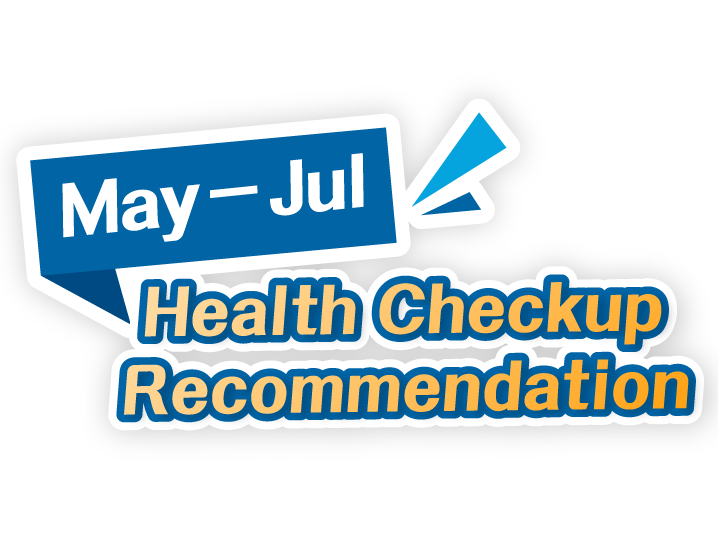In this day and age, there are a lot of questions about vaccinations. Many individuals are conflicted as online, peers, and the media give questionable or potentially false information about vaccines. While there are many questions about the safety and legitimacy against certain vaccines for certain diseases and viruses it’s important to know and understand that vaccines are meant to protect you and others around you. Vaccinations have helped in making some of the most deadly and catastrophic diseases become extremely rare.
The human papillomavirus (HPV) is one virus that is slowly becoming less dangerous as more people are becoming vaccinated. This in turn helps in preventing certain cancers that are common in males and females. It’s important to understand that the HPV vaccine is safe. So in this article, all questions about the safety and legitimacy of the HPV vaccine will be answered.
Yes, the HPV vaccine is completely safe for anybody between the ages of 9 through 26. The HPV vaccine is often safe and effective for patients who are between the ages of 27 and 45, but it’s ideal to talk with a doctor first. There are no negative long term effects from the HPV vaccine, only minor side effects when first getting vaccinated.
Just like any other vaccination or medication, there are some side effects to the HPV vaccine. Most of these side effects are only temporary, usually not lasting any longer than a couple of days. These mild side effects include:
To prevent any injuries, it’s best that the patient immediately rests after getting the vaccination.
If you or your child has an allergy to yeast or latex, then it’s best to talk with a doctor before getting the vaccine. Anybody who is immunocompromised will also need to discuss with their doctor whether or not it’s best to take the vaccine. Women who are pregnant should not get the HPV vaccine but instead wait until they are finished with breastfeeding before getting vaccinated.
Adolescents between the ages of 9 to 14 will only need two shots, six to twelve months apart. This is due to their immune systems being strong. The average age for children to get vaccinated is 11 and 12 years old, preteens have stronger immune systems, therefore the vaccine is far more effective. Patients between the ages of 15 to 26 will need three dosages of the HPV shot, each will need to be six to twelve months apart. Anybody who is between the ages of 27 to 45 who has doctor approval will also be getting three dosages of the HPV shot six to twelve months apart from each shot.
While there are several different types of vaccines that are used throughout the world for HPV, the three common ones are
These three vaccines are administered by Gardasil and Cervarix, however, they can vary by country.
The HPV vaccine does not cause females to have any fertility issues. Those who have had cancer that is caused by HPV will likely limit their ability to have children. Some treatments for cancers caused by HPV include cervical cancer, anal cancer, throat, neck, and head cancer as well. Cancer treatments that can affect a woman’s fertility are chemotherapy, radiation therapy, and hysterectomies. These sorts of treatments for cervical cancer can put women at risk of having problems with their cervix. This can then cause preterm delivery.
It’s best to get the HPV vaccine as soon as possible as this will help in lowering the risks of cervical and other genital cancers. The HPV vaccine doesn’t cause infertility issues but treating the cancers that HPV causes can have the potential in causing fertility issues.
The HPV vaccine does not weaken over time in the body. Those who have received the HPV vaccine will be protected for a minimum of 10 years. This protection against HPV stays high and currently, no evidence proves that the vaccine is decreasing over time.
A minority of parents are refusing to get their children immunized, this is due to the concern that the vaccination will encourage sexual activity to their kids and other youth. This causes parents to fear their child’s possible promiscuity rather than the safety concerns of the vaccination itself.

